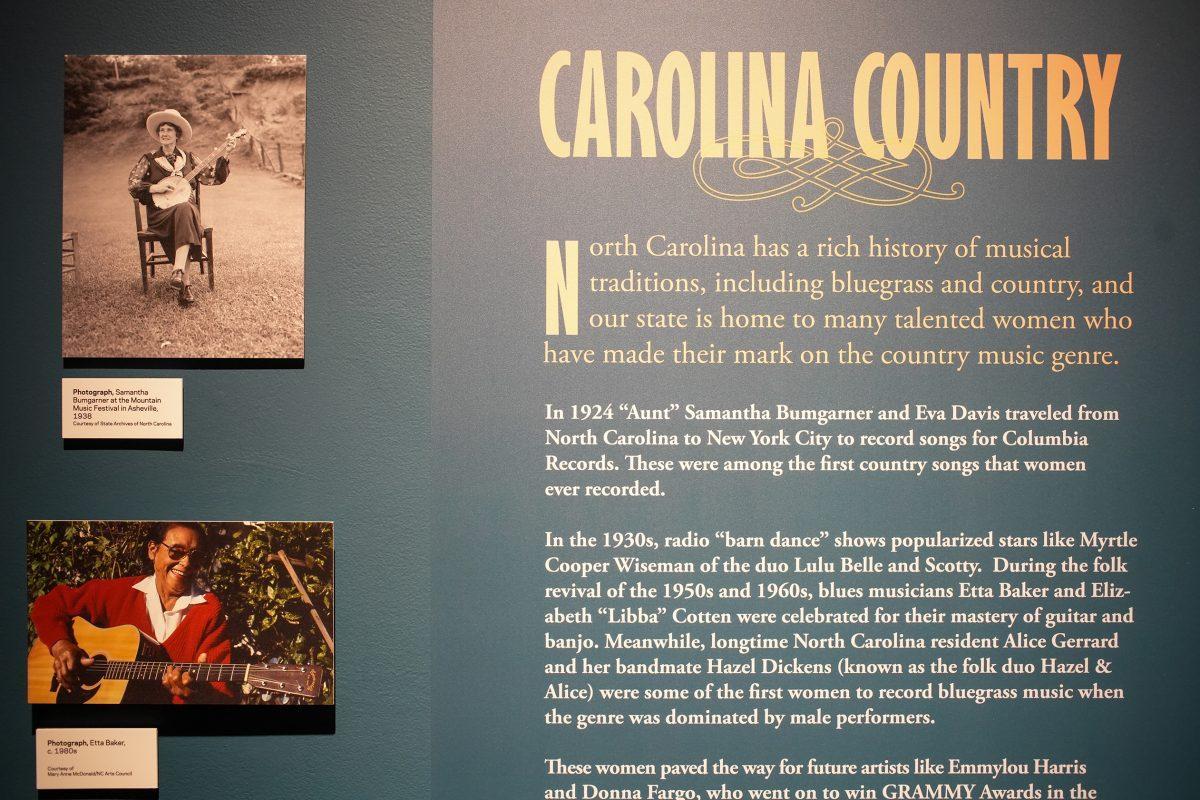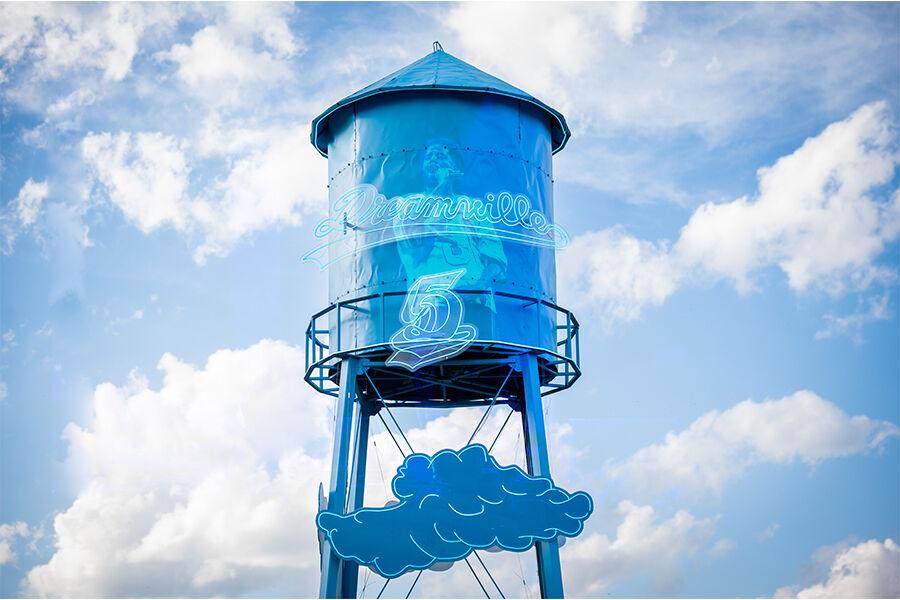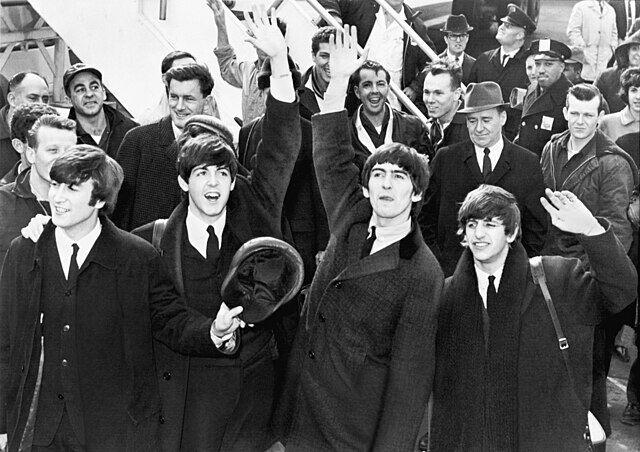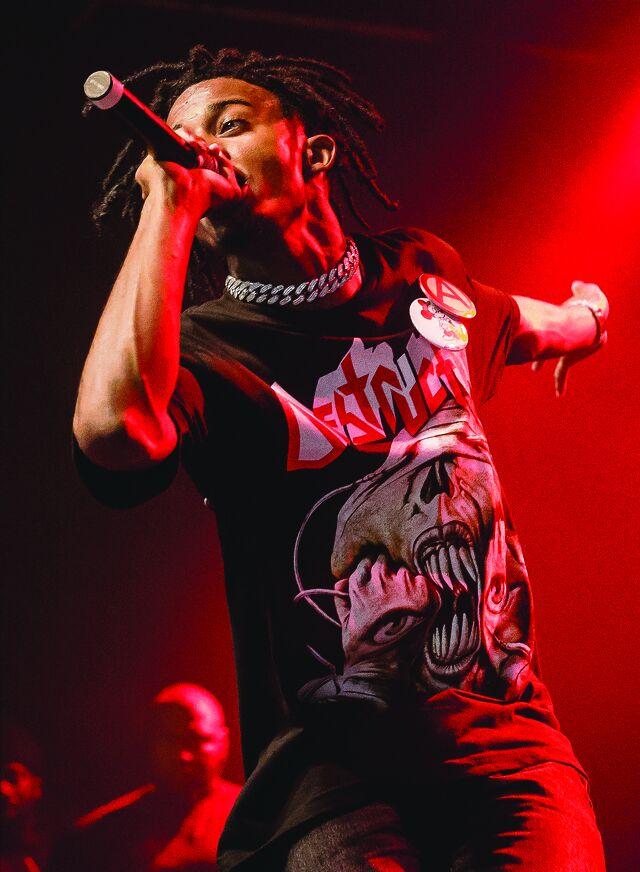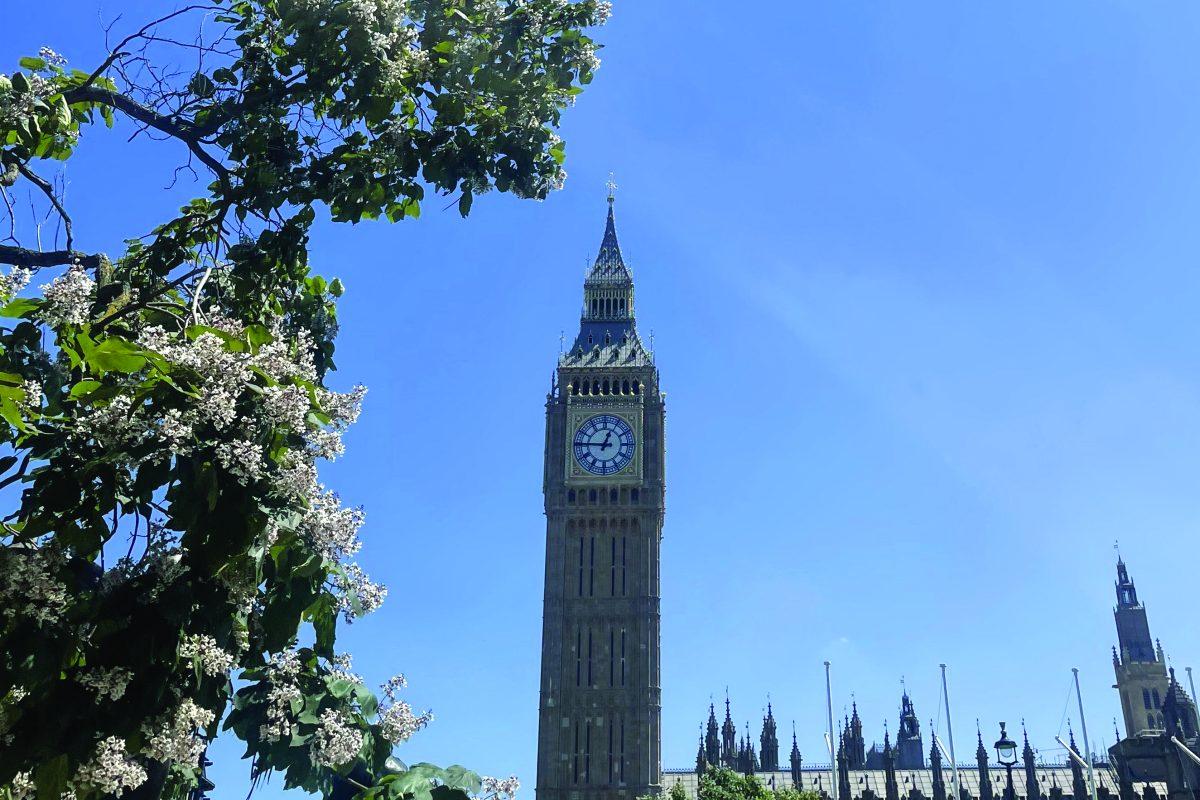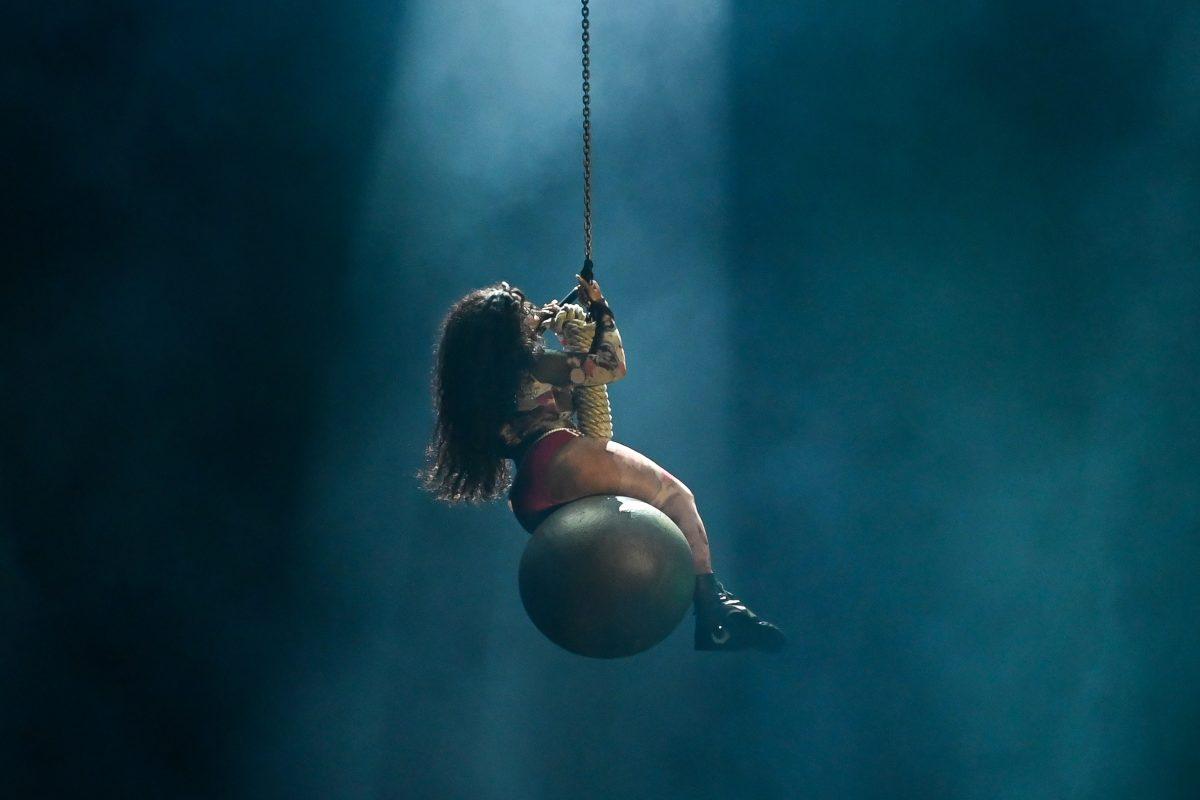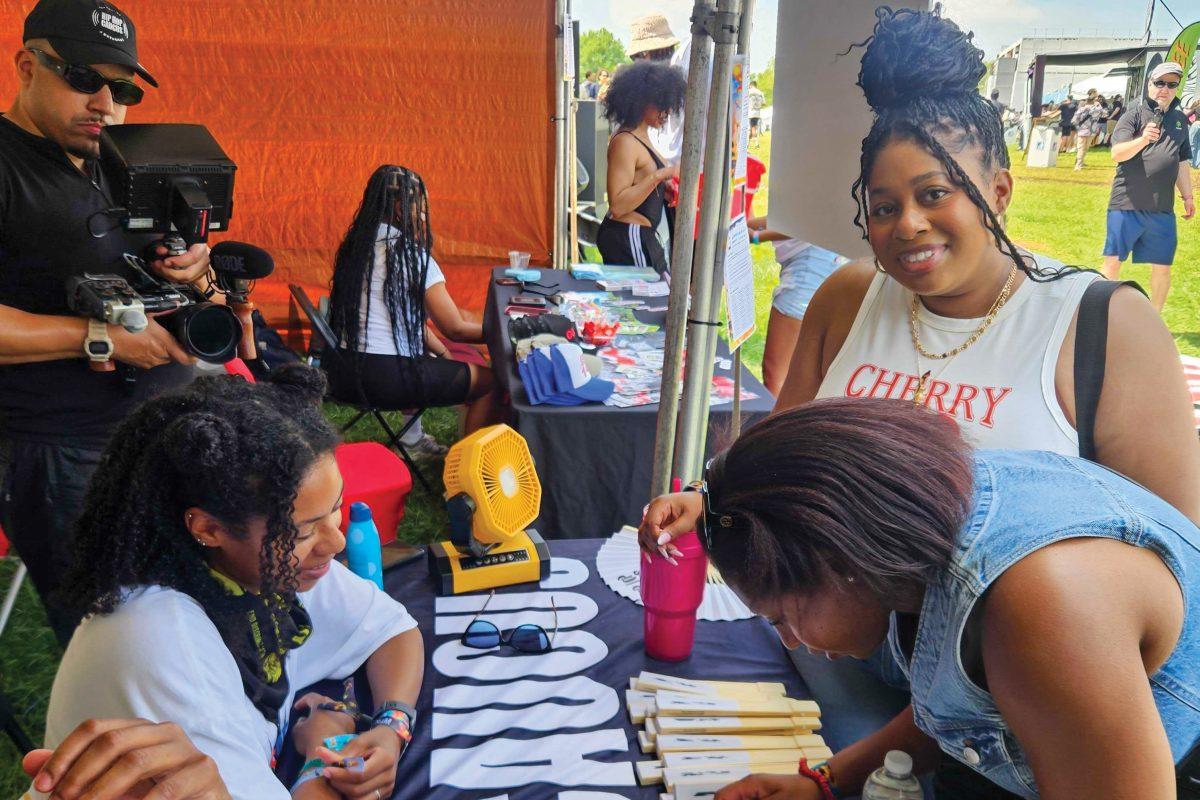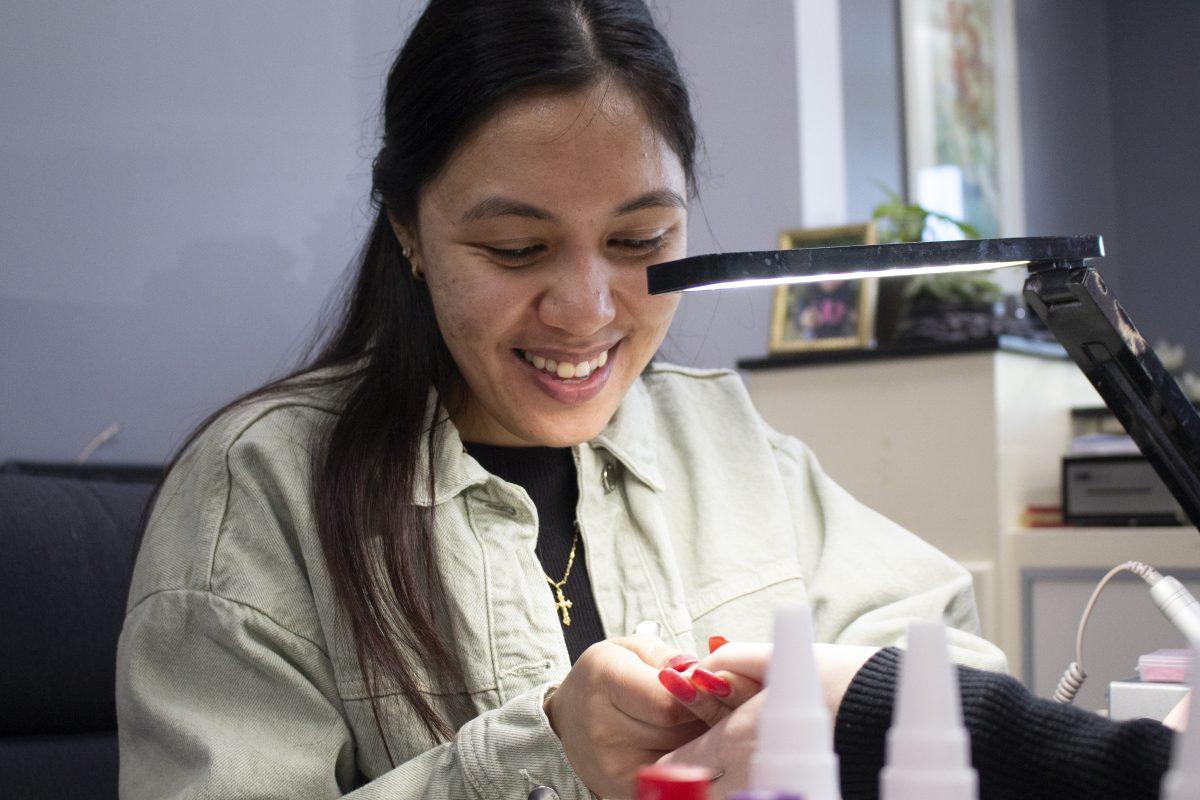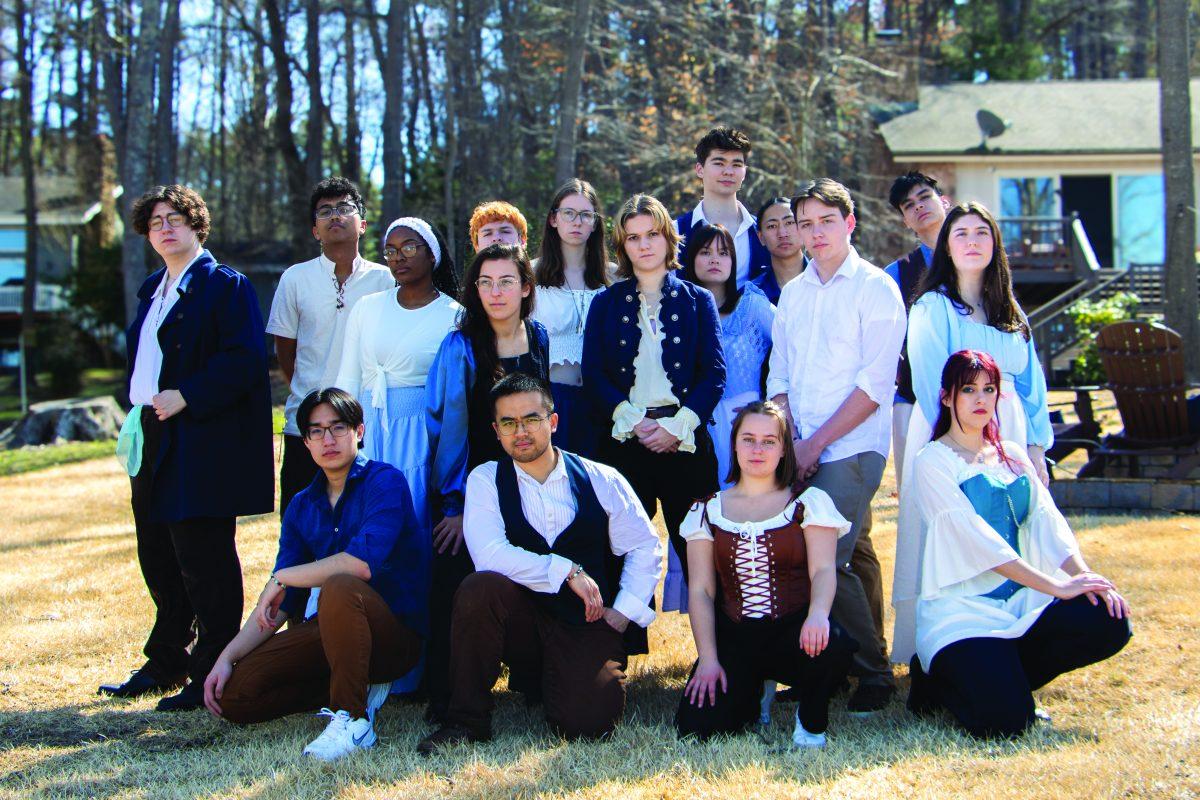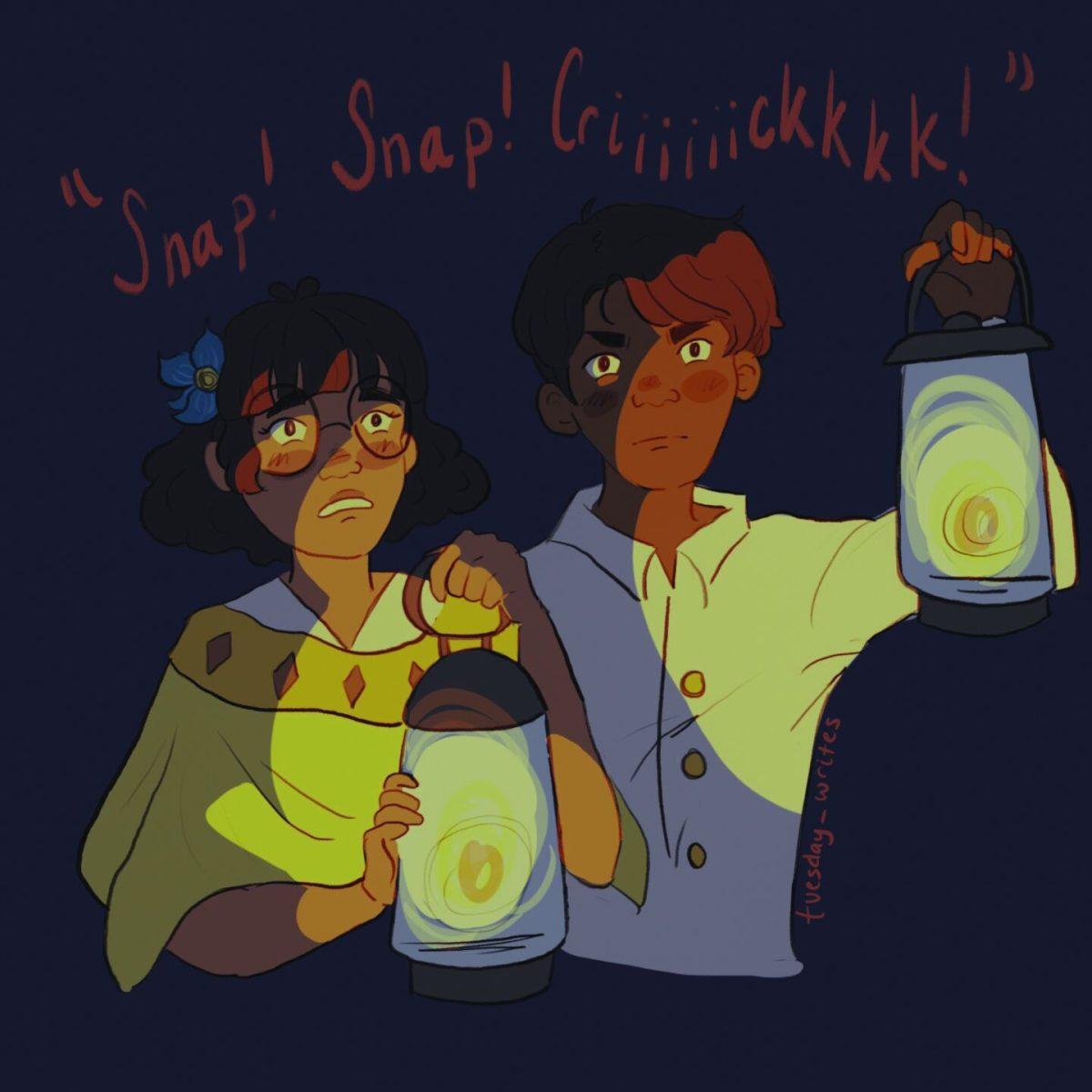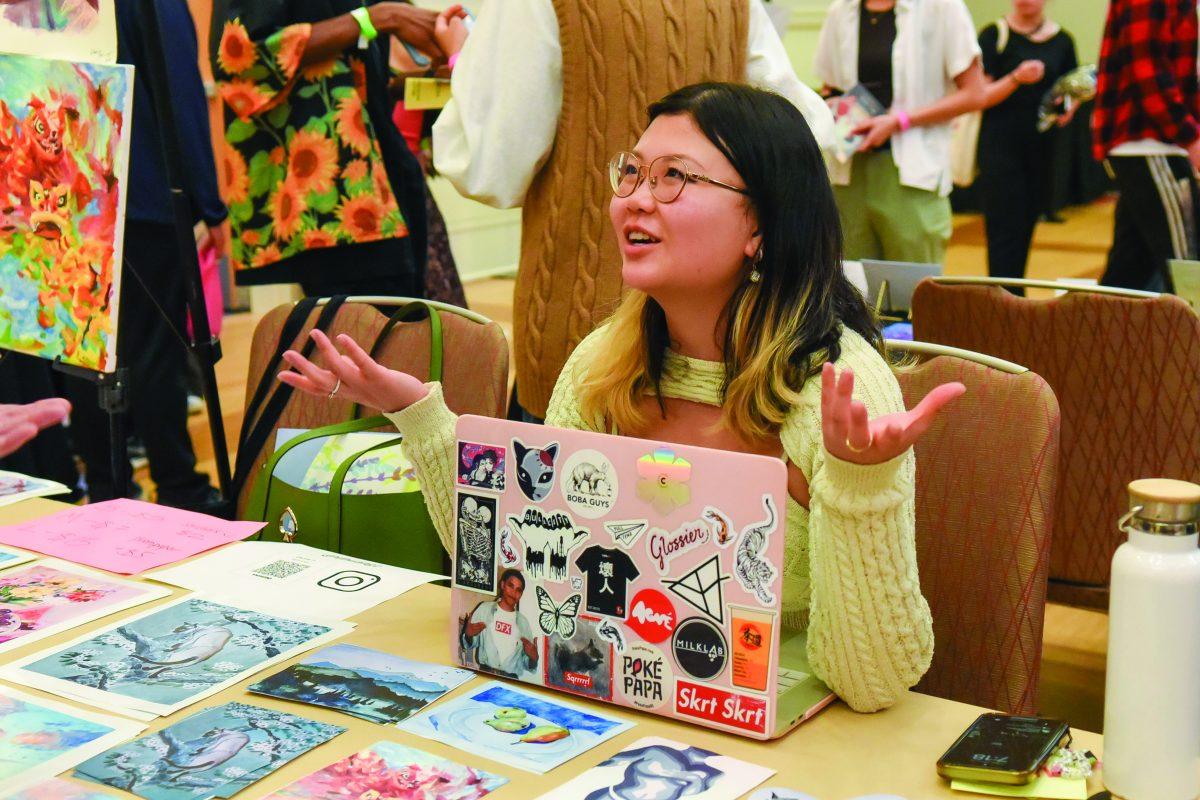The Power of Women in Country Music exhibit at the NC Museum of History highlights the contributions women have made to the country music scene, challenging and shaping the genre that initially rejected them.
Originally curated by the Grammy Museum, the exhibit displays the instruments, outfits and stories of country music trailblazers. In conjunction with the exhibit, the NC Museum of History has held the Southern Songbirds monthly concert series which hosts Southern artists, most of which are North Carolina natives.
Michael Ausbon, curator of decorative arts for the NC Museum of History, said a major theme of the exhibit is collaboration.
“One thing that you will see running through this whole exhibit is the togetherness,” Ausbon said. “That is also a trait that you will not find with the men in the country music industry. The women have been much more helpful to each other, have freely given help and assistance, guidance, tricks of the trade, so to speak to other women and upstarts in the industry … the women have really always helped each other.”
An example of this collaboration in the exhibit is a display of original copies of lyrics written by female country music artists, many of which were for their fellow musicians.
“Nashville started taking notice [when] women started coming out as writers, and they were known to be writing and writing for each other and not being hidden in the background,” Ausbon said. “When they started getting recognized for their own lyrics and becoming famous for that, that was a new side of the industry that really had not been explored before.”
The exhibit begins by highlighting some of the earliest female country musicians, such as Maybelle and Sara Carter, who broke into the scene long before women were widely welcomed. Ausbon said many prominent men in country music at the time criticized women for touring, claiming they had no place in the industry.
“It’s so accepted now for women to be in country music that it’s hard to believe that there was a time where the industry was not happy with women being in the industry,” Ausbon said.
The persistence of these early musicians paved the way for women to use their music later as a vehicle for protest, empowerment and social commentary. Loretta Lynn’s 1975 hit “The Pill” came out early in the lifetime of oral contraceptives and was controversial for unapologetically singing the praises of birth control before it was widely accepted. “The Pill,” along with Dolly Parton’s “Jolene” in 1973, were some of the first popular songs to bring domestic issues, such as abuse, inequality and infidelity, into the public sphere.
Ausbon said these critiques and calls for progress continue into the 21st century.
“Kacey Musgraves was one of the first women country music singers, even before males, who talked about the LGBTQ community in her songs,” Ausbon said. “Even in the 2000s … that’s not been done before. It still hasn’t been all done.”
Marcie Gordon, director of community engagement and marketing for the museum, said the background stories of these women was the most inspiring part of the exhibit for her.
“We all see everyone on [the] Grammy stage, and they look a certain way and there’s a certain image they’re trying to project,” Gordon said. “But you get behind the scenes and see the grit and the determination and what it took for them to get there and with a lot of help from artists along the way that came before them.”
A prominent adaptation of the NC Museum of History’s display from the Grammy Museum’s version is a focus on North Carolina artists such as Emmylou Harris. Kara Leinfelder, creative director for the museum and a key organizer of the Southern Songbirds concert series, said she hoped the exhibit, along with the concerts, emphasized North Carolina’s place in the history of country music.
“I would love for [students] to take away just a better understanding of music history in the state,” Leinfelder said. “I think a lot of people know that history is there. Contemporary country and contemporary folk and contemporary Americana, those roots are just so far reaching into North Carolina history.”
This history includes a wide range of identities, something Leinfelder hopes to emphasize in the concert series.
“The people that have played the show and that are playing the show represent different demographics and different ages in different places in their career,” Leinfelder said. “That, to me, is the most exciting thing because there’s so much inspiration among this pool of women. And it’s coming from so many different points of view. I think it makes the whole series very dynamic.”
The exhibit displays instruments such as Dolly Parton’s custom rhinestone banjo and Danielle Bradbery’s guitar, which she personally saved from a house fire, the case showing evidence of fire damage.
The exhibit also prominently features the fashion of country music stars including Shania Twain’s full “Man! I Feel Like a Woman!” outfit, several Parton dresses displayed on her custom Dollywood forms and Taylor Swift’s Gucci dress she wore in the “Willow” music video. Ausbon said the fashion of women in country music was transformative to the industry.
“Musicians, their dresses, their jewelry, their shoes, their instruments, their hair, everything now is becoming an industry that people are known for,” Ausbon said. “You’ve got this seemingly simple little dress here, [but] this was designed by Gucci for Taylor. … You’ll see the Gucci name throughout this whole entire garment.”
Gordon said the museum has been pleased with the public reaction and impact of the exhibit.
“We especially love the young women that have come in and have been inspired by the artists that have gone before them,” Gordon said. “They’ll sit and they will watch the videos, or they will go and jump in the cabin. And just be inspired by the stories. I think it’s always a gift.”
The next installment in the Southern Songbirds concert series is Friday, Feb. 17 at 5 p.m. featuring Skylar Gudasz, Kate Rhudy and Libby Rodenbough. The museum is extending the exhibit’s stay in downtown Raleigh through April 2.
Tickets can be purchased for both the exhibit and the concert on the NC Museum of History website. NC State and other college students can gain entry for $5 with their student ID.


